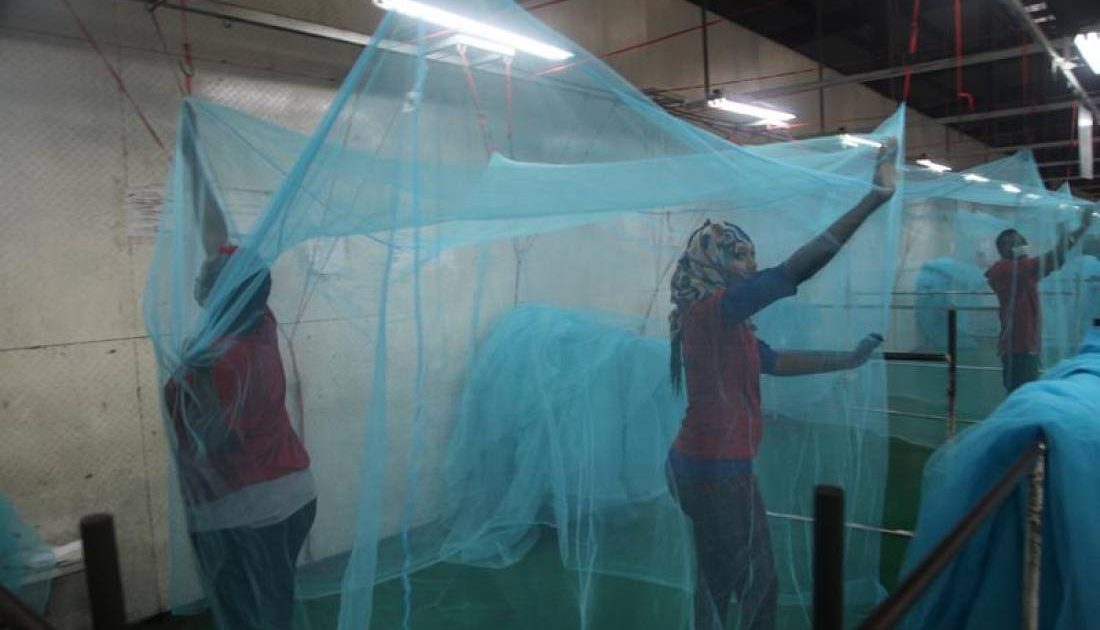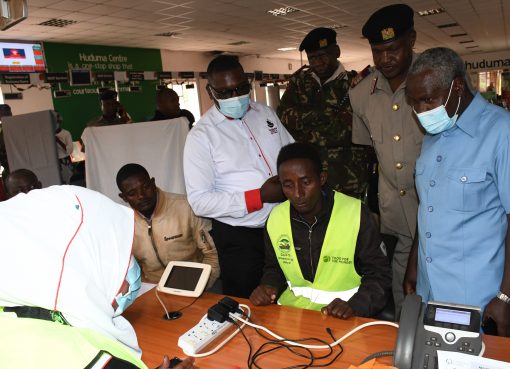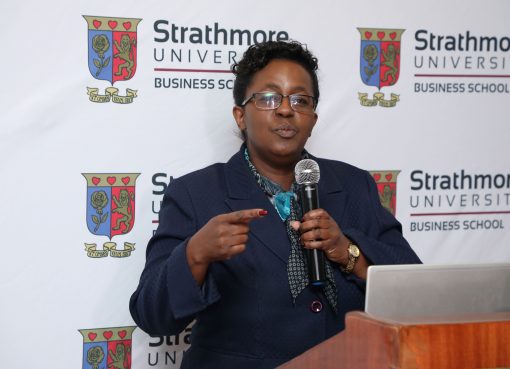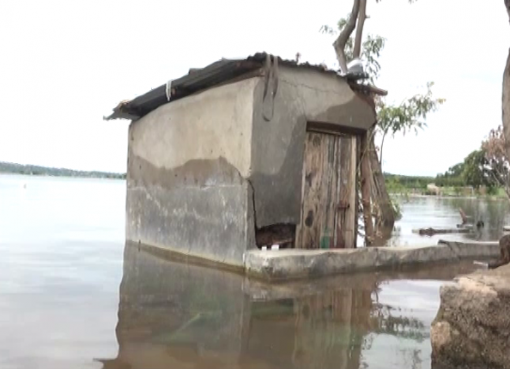The Ministry of Health is planning to distribute 18.3 million Long Lasting Insecticidal Nets (LLINs) in 28 targeted counties in next year.
State department for public health and professional standards Principal Secretary (PS) Dr. Josephine Mburu said that the move is aimed at ensuring households in malaria-risk areas have one net for every two household members, ultimately contributing towards reducing the burden of malaria in the country.
Speaking in Nairobi on Wednesday during the beginning of events leading up to this year’s World Malaria Day commemoration, Mburu said that the ministry of health plans to use innovative tools such as the use of drones in larval source management in lake endemic zones.
“The Ministry will also continue to provide prompt malaria diagnosis and treatment through microscopy and the use of quality-assured malaria rapid diagnostic test kits and medicines throughout all public and faith-based health facilities,” said the PS.
She added that to further bring services closer to the people and ensure no one is left behind, the ministry will enhance Primary Health Care through which malaria services will be available up to the community level.
“This year’s World Malaria Day theme, ‘Time to Deliver Zero Malaria: Invest, Innovate, Implement’ underscores the urgent need for action and further investment to achieve zero malaria illness and deaths,” said the PS.
Mburu said that Kenya has made progress against malaria through the implementation of several interventions targeted at various areas of the country. “In the last decade, we have reduced the prevalence of malaria by more than 50%, and the number of new malaria cases has also significantly decreased. Several counties have consistently recorded very low incidences of malaria and this provides an opportunity to implement malaria elimination in these counties,” she said.
The PS said that the Kenya Malaria Elimination Implementation Plan (2021-2023) outlines the implementation pathway of malaria elimination activities in the country.
“In the last year, our efforts together with Ghana and Malawi have resulted in the approval of the malaria vaccine for scale-up which was launched in Kenya last month,” said the PS.
She continued: “Indeed, the tremendous progress we have made has not gone unnoticed. I am proud to reiterate, as some of you may already recall, that our President Dr. William Ruto, received an award at the African Union (AU) summit on behalf of the Republic of Kenya in recognition of Kenya’s efforts in the fight against malaria, particularly in the effective use of the malaria scorecard for action and accountability.”
Mburu said that despite the tremendous investment in malaria, the uptake of malaria interventions at the community and household levels remains below target.
She explained that the key findings from the Malaria Behavior Survey give a better understanding of the behavioral factors that affect the uptake of malaria interventions and these findings will help in improving designs of social behavior change strategies to reach those most at risk in the communities.
“The financing needs for malaria prevention, control, and elimination are significant. As a country, we must urgently address our financial resource gap, which currently stands at 50% of the resources required to fully implement the Kenya Malaria Strategic Plan,” said the PS adding that external funding is either stagnating or declining in an environment of increasing needs.
“I commend the private sector’s role in contributing to the fight against malaria through multi-sectoral advocacy and resource mobilization. The recent efforts by the End Malaria Council of Kenya to mobilize an additional one Million US dollars towards the fight are an excellent show of commitment by the private sector.
We are excited as we await the additional malaria clinics promised through this public-private partnership initiated by EMC and SC Johnson, which will go a long way in strengthening malaria control and elimination in Kenya,” said the PS.
Mburu said that while challenges remain, the time to deliver zero malaria in Kenya is now, and it will require sustained investment, innovation, and efficient implementation of interventions adding that the progress made in Kenya contributes to the global goal of eliminating malaria by 2030.
By Joseph Ng’ang’a





